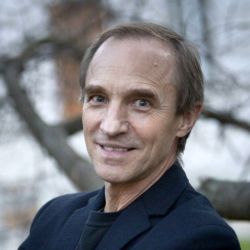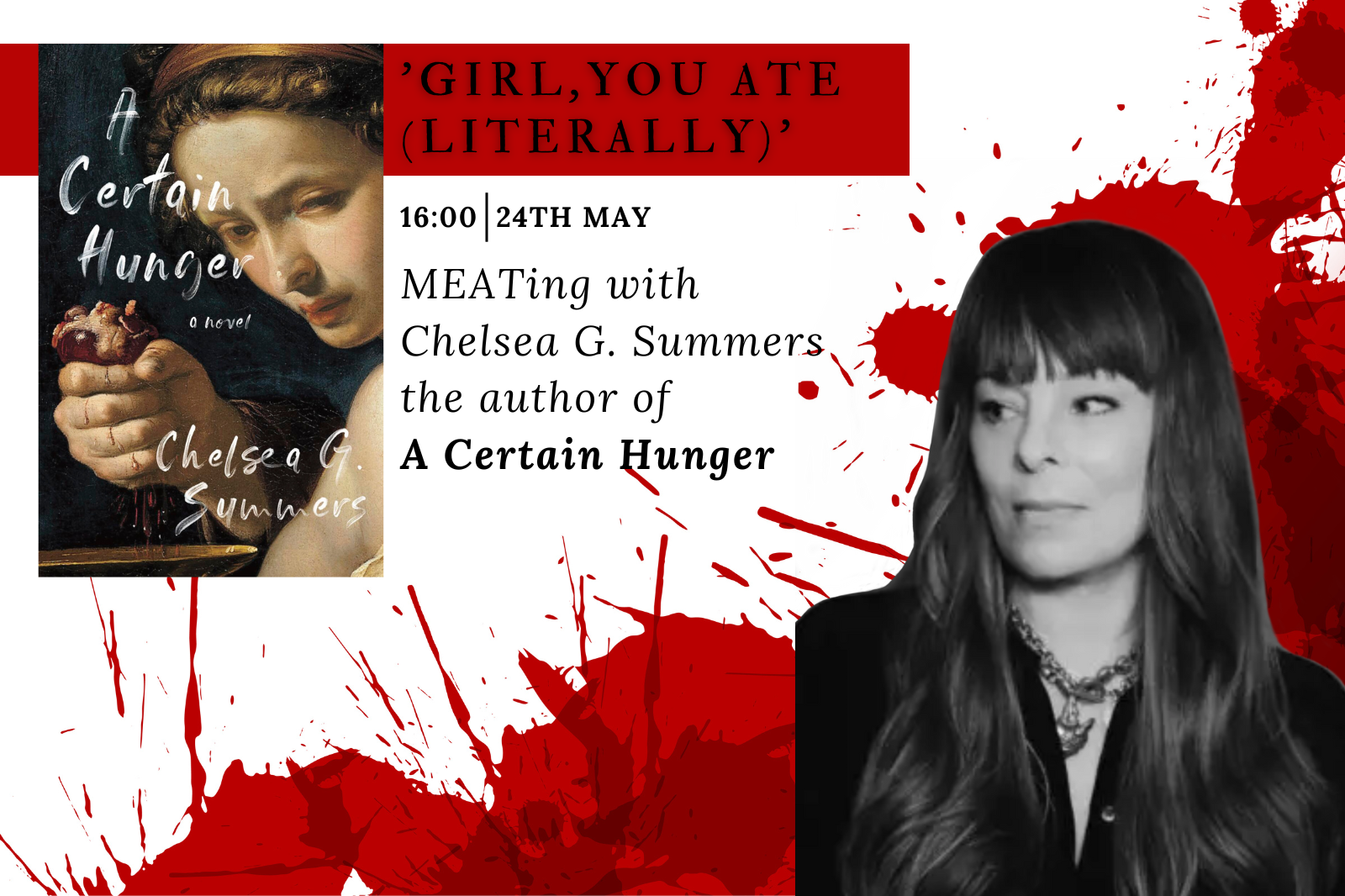
Year 2023/2024
May 24: “Girl You Ate (Literally)”. MEATing with Chelsea G. Summers
May 16, 2024
We are pleased to invite you to a “MEATing” with the author of “A Certain Hunger,” Chelsea G. Summers, at the ASC! Hosted by students participating in the Food Matters course, the MEATing will be an opportunity to discuss a work of entertaining if gory fiction described by a NYT reviewer as “One of the most uniquely fun and campily gory books in my recent memory.” If you enjoy aproblematic protagonist, a satire on foodie culture, and detailed accounts of procuring andcooking human meat, then this is a session for you!
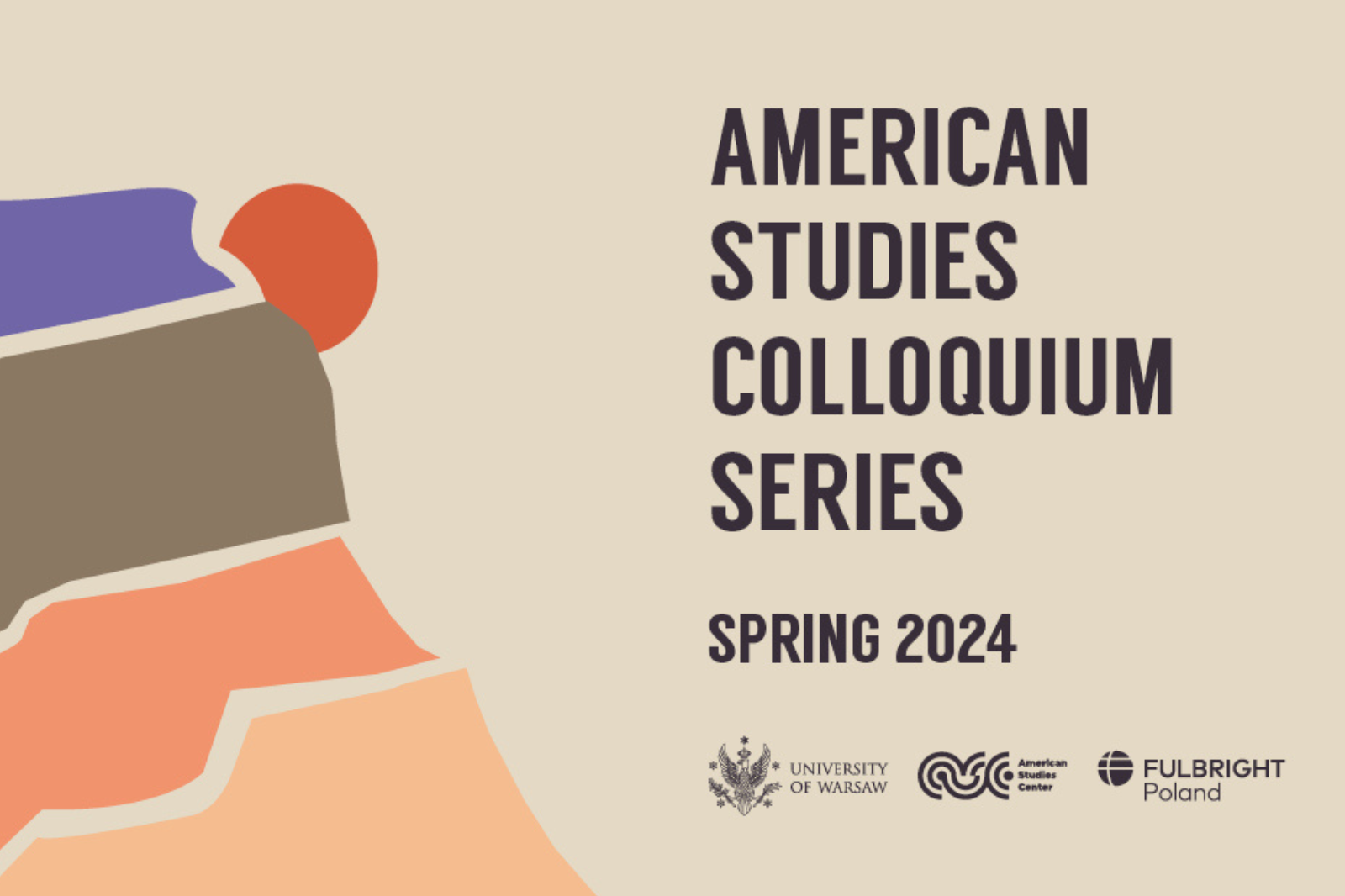
American Studies Colloquium Series
May 23: The Role of Different Media in Transgender Life Narratives: The Case of Kate Bornstein
May 16, 2024
We are pleased to invite you to the final lecture of the American Studies Colloquium Series in the 2023/2024 Spring semester! We are joined by Eveline Kilian, who will talk about Kate Bornstein – an American transgender activist, performer and writer.
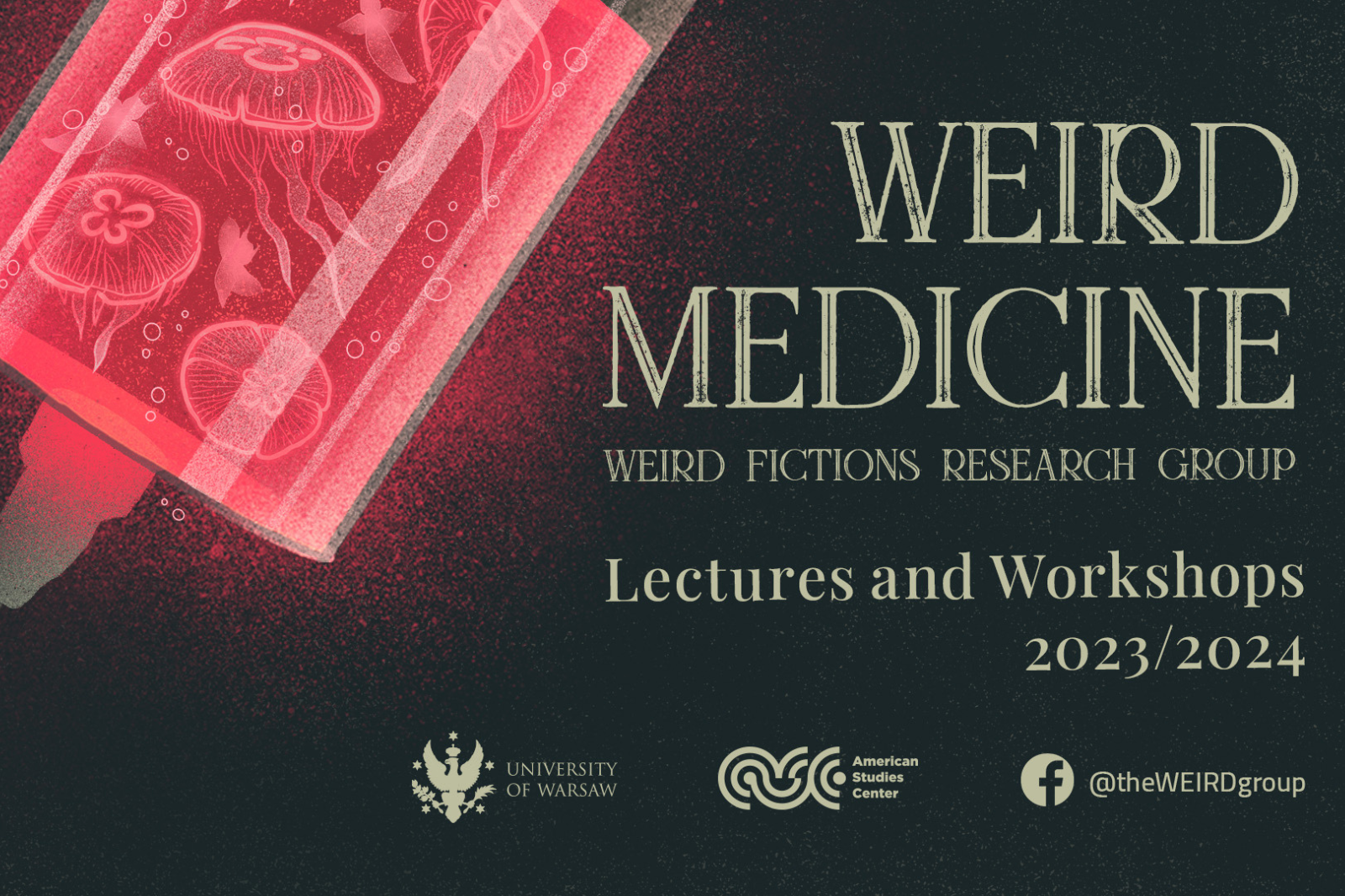
Year 2023/2024
May 20: Becoming Something Else: Death and Disease in Video Games
May 16, 2024
Weird Fictions Research Group invites you to a talk on “Becoming Something Else: Death and Disease in Video Games” by CD Projekt Red’s Magdalena Zych (Senior Writer, Story Coordinator) and Karolina Niewęgłowska (Associate Director of Player Experience and Safety.)
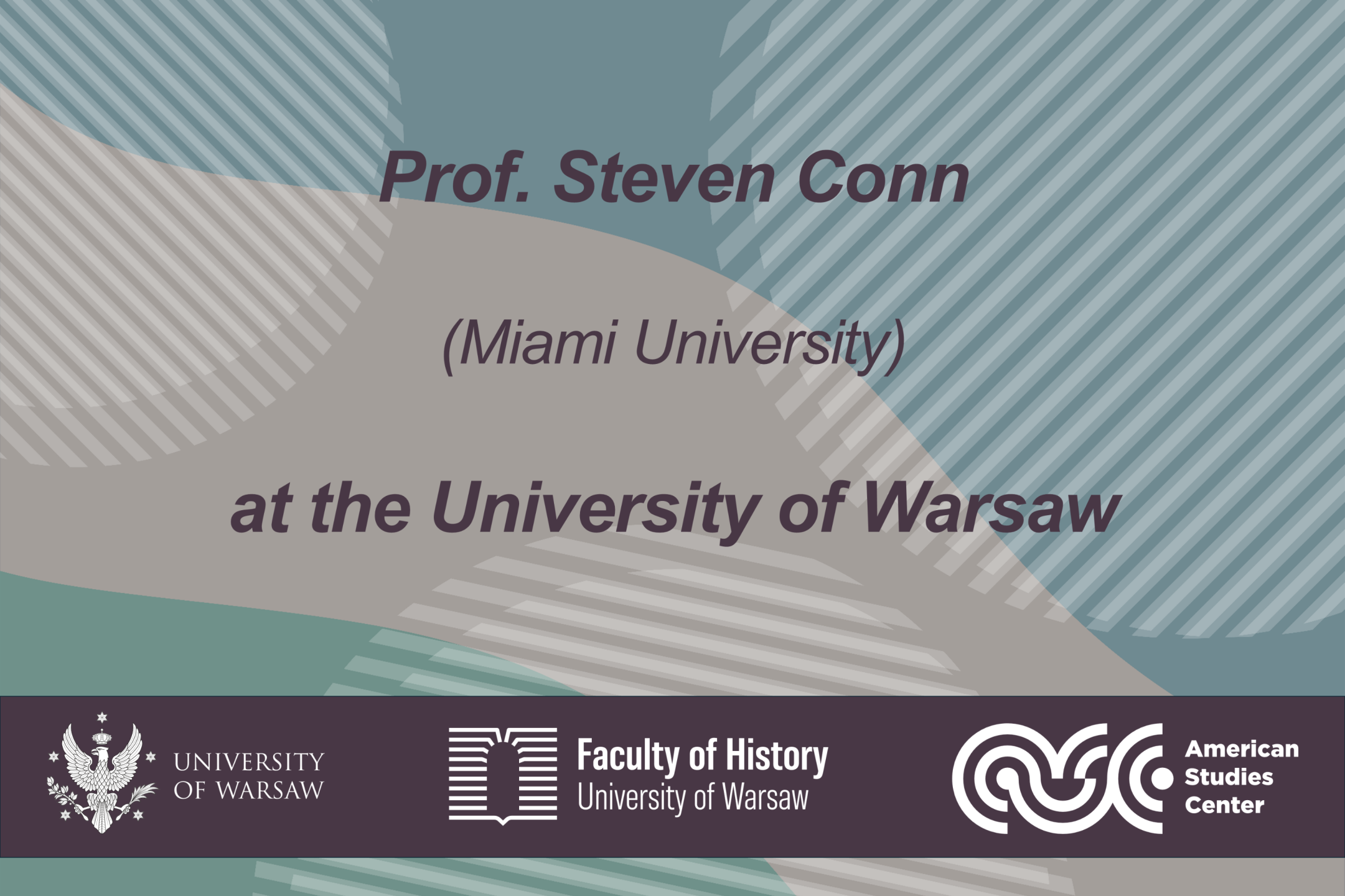
Year 2023/2024
May 20-21: Steven Conn at The University of Warsaw
May 15, 2024
The American Studies Center and the Faculty of History are pleased to invite you to two lectures by Prof. Steven Conn! Prof. Conn will deliver a lecture titled Urban History and the Question of Scale at the Department of History and a lecture titled Demystifying Rural America at the American Studies Center.
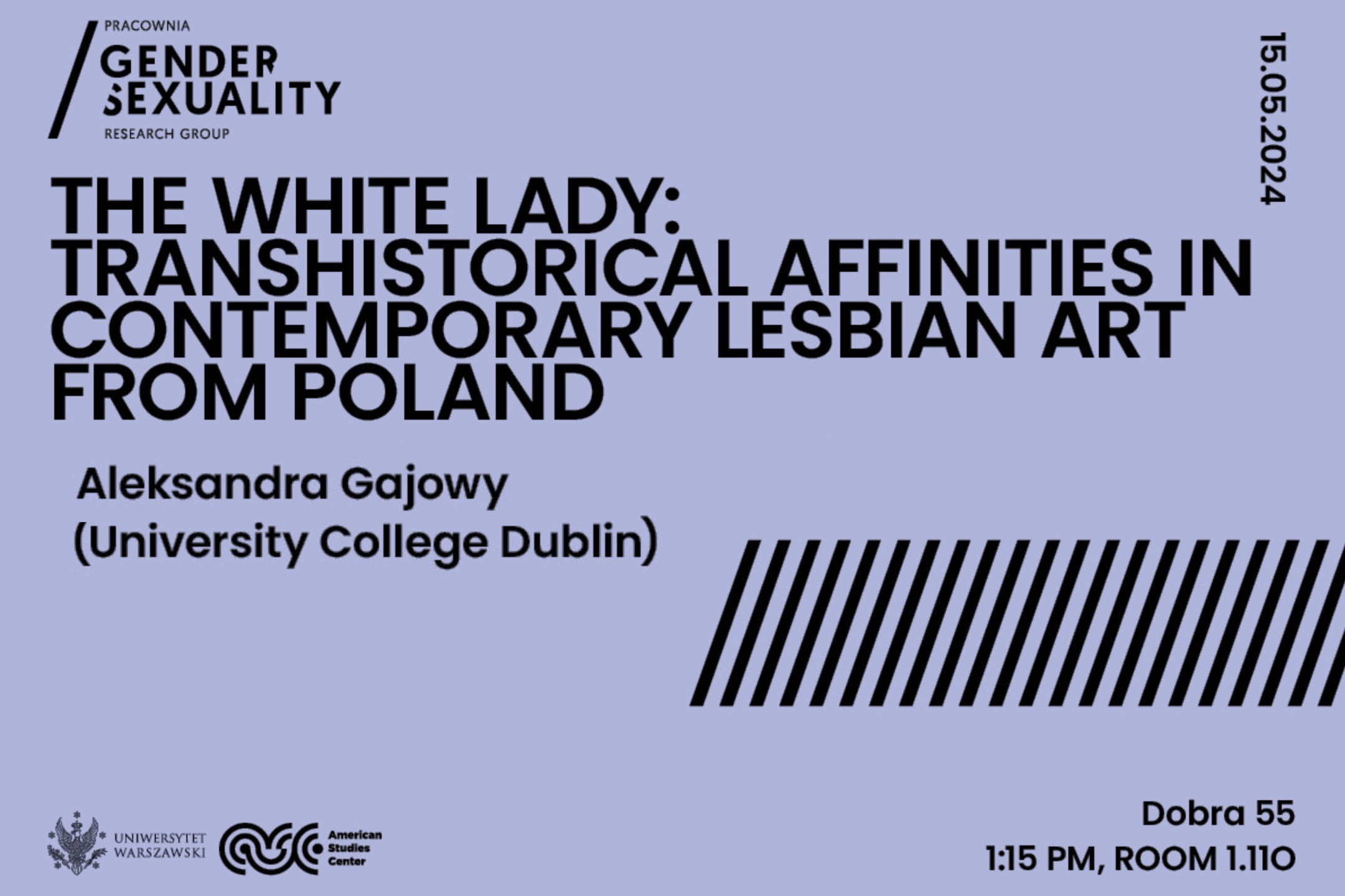
Year 2023/2024
May 15: The White Lady: Transhistorical Affinities in Contemporary Lesbian Art from Poland
May 15, 2024
We are pleased to invite you to a talk organized by the Gender/Sexuality Research Group! This talk traces transhistorical affective affinities between nineteenth-century Polish lesbians and those living today. It asks how women’s and lesbian practices of self-memorialisation, portraiture, and self-portraiture, may be crucial repositories of queer knowledge which must be read between the lines, intuited, and felt.
